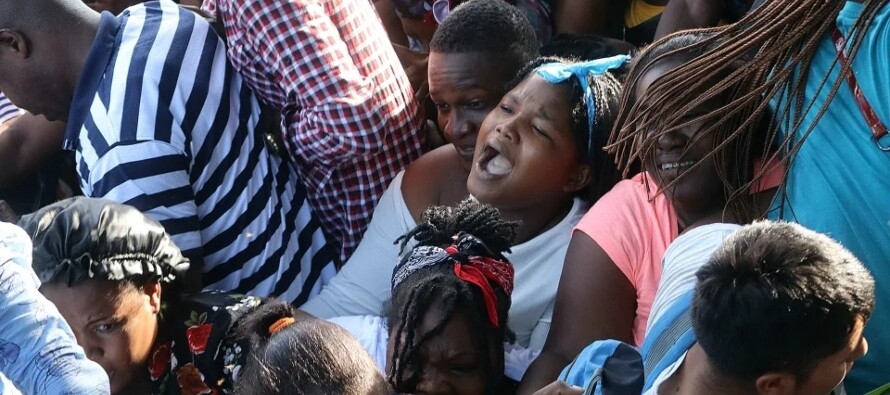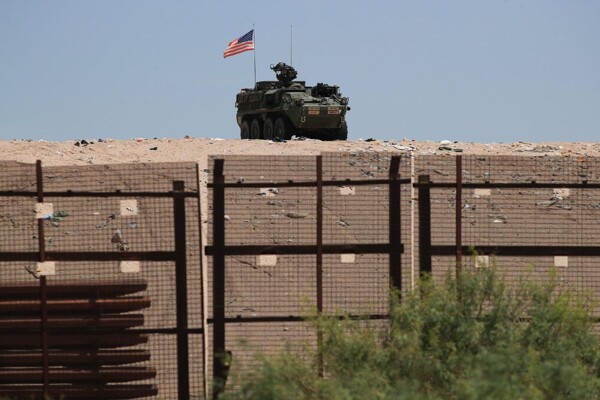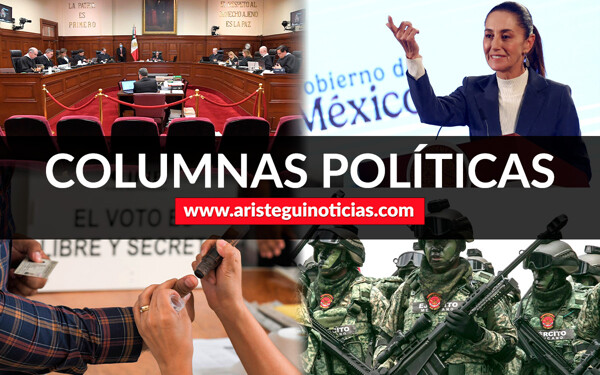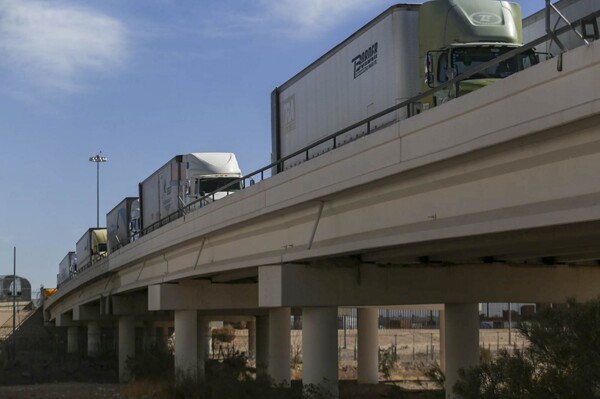
Migrants from Venezuela, Nicaragua, Haiti, and Cuba find themselves in a situation of uncertainty at the Mexico border after U.S. President Joe Biden decided not to extend temporary permits for these nationalities, and Republican candidate Donald Trump promised to eliminate 'humanitarian parole'.
The 'humanitarian parole' program allowed the entry of over half a million people from these four nationalities into the United States, but the Biden administration announced that this benefit would not be extended for more than two years. This measure, taken just weeks before the elections on November 5, has raised concern among migrants in Mexico, such as Lionel Martín Olivas from Nicaragua, who feels stranded and unable to move forward in his immigration process.
The city of Ciudad Juárez has been affected by immigration restrictions amidst the humanitarian crisis in the region. Jesús Enrique Valenzuela, General Coordinator of the State Population Council (COESPO), pointed out that many migrants are anticipating what might happen in light of changes in international immigration policy.
The humanitarian permits, established by the current administration, were an option for migrants from these countries seeking temporary protection in the United States due to crises in their home countries. However, Trump’s stance is that this measure promotes uncontrolled immigration, leaving those hoping to find refuge on U.S. soil in limbo.
Venezuelan migrant Darlenis expressed her dissatisfaction with the decision not to extend the permits, highlighting the difficulty of reaching this point and requesting to be able to proceed legally. Uncertainty also affects other migrants, such as those from Venezuela, the main country of origin for irregular migrants in Mexico currently, according to reports from the Mexican government.
In this context, migration becomes a central topic in Trump’s electoral campaign, who has promised more restrictive policies, such as the construction of the border wall and the reinstatement of the 'Remain in Mexico' program. This situation leaves individuals like the unidentified migrant, who mentioned being a political persecuted and fears not having a safe place to go if denied entry to the United States, in a legal void.














